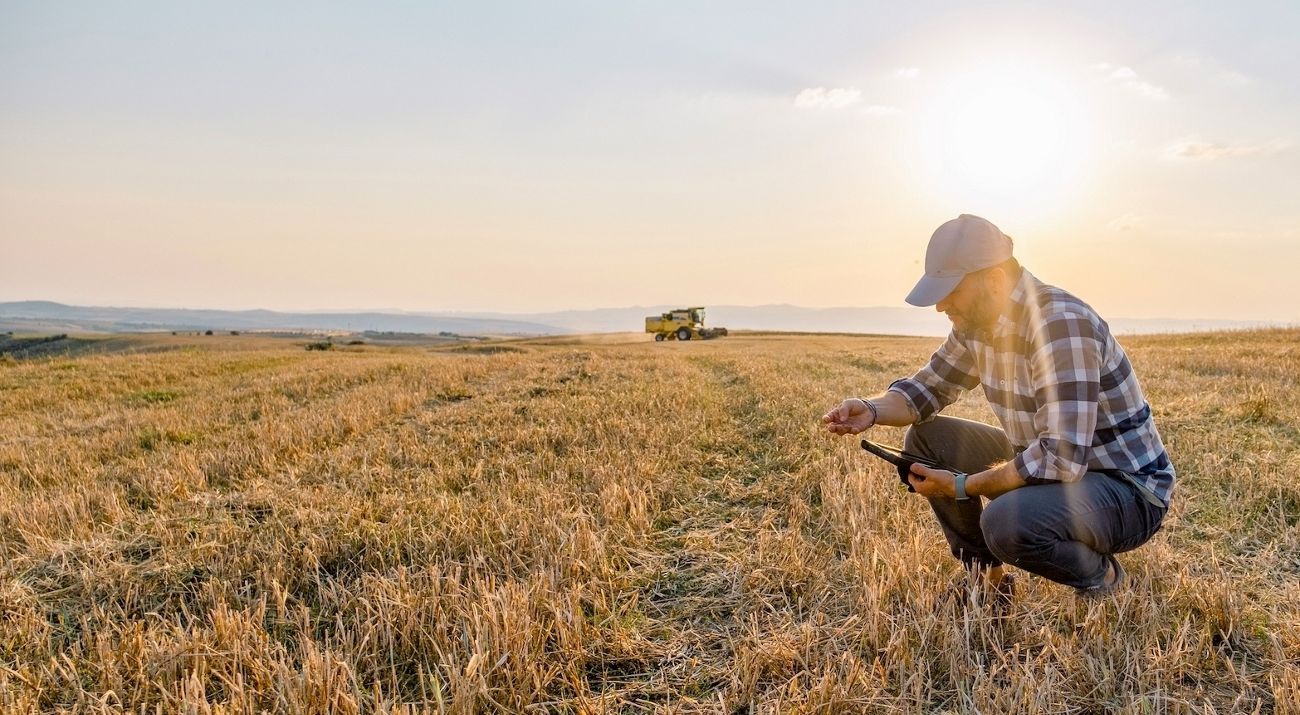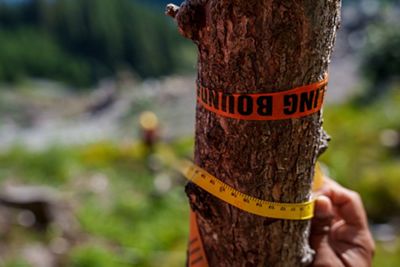
The Economic Power of Natural Climate Solutions
A conversation with Amanda Reed of Nature United and Mike Wilson of the Smart Prosperity Institute
Natural Climate Solutions (NCS) are key to Canada tackling the climate and biodiversity crises. But what’s often underestimated is how these approaches — which can include improved forest management, sustainable agricultural practices and conserving grasslands — can also yield significant economic benefits, particularly for rural and remote communities.
In response, Nature United and the Smart Prosperity Institute have developed a study to identify the challenges and opportunities for unlocking the economic potential of NCS. The study aims to help both public and private sectors, as well as local land managers, secure the financial and environmental benefits these solutions offer.
This is a complex field of work. Our collaboration leverages the strengths of both organizations: Nature United’s hands-on conservation experience and scientific expertise, and the Smart Prosperity Institute’s extensive research background in sustainability, climate and economy.
Amanda Reed from Nature United and Mike Wilson from the Smart Prosperity Institute reflect on the study’s key findings, as well as the urgency and economic opportunity of NCS.

What ideas formed the basis of this research?
Mike Wilson (MW): We already know three things: Natural Climate Solutions are essential for Canada to address the dual climate and biodiversity crises; these solutions have the added benefits of creating new revenue streams for communities and land-holders; and Canadians are interested in a win-win, with environmental and economic opportunities. But we haven't fully activated these solutions before. And every day, we’re increasingly seeing the impacts of climate change and biodiversity loss.
Amanda Reed (AR): It’s also an important time to break down the false dichotomy of environment versus economic development. The first half-century of the conservation movement was about protecting nature from people. We weren't talking about the role of people in conserving lands, nor about driving sustainable natural resource development. To make meaningful progress in addressing the climate and biodiversity crises, we must conserve in a way that integrates people.
Bringing nature and economy together is new — we don't have data for investors and policymakers to use in making decisions. This research is particularly important now. If we expect public and private sectors to embrace this idea, we need to give them the information and stories that will show them the potential of NCS.
Quote: Mike Wilson

You need local and regional solutions, which must be customized and led by a unique set of partners in that region.
What are some of the key features of the research?
AR: The hot spots really bring the research to ground. As one example, the Southern Prairies Region reflects a large part of Canada's economy — agriculture — which already yields $99 billion a year in exports. As the climate crisis opens up more of Canada for growing food, agriculture in this region will expand. The agri-food industry also must increase its sustainability goals — in affordable ways — to remain globally competitive. And to boot, grasslands are one of the most important carbon stores in Canada. This is a hot spot because you have a major industry working to improve its sustainability metrics; you have local people interested in what's happening on the ground; and protecting and better managing these ecosystems are critical to progress for climate and biodiversity.
These hotspots aren’t the only places in Canada that are important for NCS investment. But hopefully, these hotspots help land managers and investors understand the elements of potential NCS markets so that they can evaluate opportunities in their own regions and supply chains.
MW: I think one of the things that makes these hotspots challenging — and we make this point in the research — is each of them is quite different. You need local and regional solutions, which must be customized and led by a unique set of partners in that region. But those solutions must then be scaled up for investors.


What strategies or collaborations are essential to scale up these solutions and create lasting impact?
AR: We need to scale up, out and deep. To scale up, we need to change laws, markets, and institutional frameworks. To scale out, we need to replicate one approach many times. And to scale deep, we need to appeal to the motivations and realities of the people who will lead the change. We can’t just rely on governments to invest in these solutions. We need market-based solutions and enabling conditions.
MW: If we think in terms of scaling up, out and deep, we're still in the first phase in the innovation cycle. We can’t advance innovation without developing the information infrastructure, which can be cumbersome in a country as vast as Canada. The good news is that new technologies can bring down the cost of acquiring, sharing and using data. There are still significant data gaps, and we know there are imperfections in the way we manage and verify the effectiveness of these solutions. We need to improve how we measure and verify, and do it in a way that's cheap enough to implement at local levels.
AR: We need to accelerate adoption — from early adopters to early majority — and I think telling the stories of the people on the ground, who are already building profitability, competitiveness and resilience through these solutions, would have a massive positive impact. We know that there are farmers and ranchers, forestry and agri-businesses, and Indigenous communities already seeing the benefits of Natural Climate Solutions. They may not have a way to broadcast their successes, nor the time to share their stories.
MW: Yes, and we also need to address gaps in skills, as a complement to that approach. That was a key finding from our research — we need to be developing or attracting the right skills to implement Natural Climate Solutions, and many of these jobs and skills are needed in rural areas and within Indigenous communities. As one example, Indigenous Guardians programs can be a really critical part of the overall solution.
Quote: Amanda Reed
To influence system change, we need many people across sectors, regions and communities to understand and believe in these solutions.
What other approaches need to be considered?
AR: Blended finance provides one of the most promising pathways. Generating funding from diverse investors that prioritizes different outcomes is a great opportunity, and NCS offers diverse economic, environmental and social outcomes.
While non-profit organizations can broadcast the stories, business cases, and data, we need the means to invest in those strategies. Communication is a conservation strategy. To influence system change, we need many people across sectors, regions and communities to understand and believe in these solutions. Finally, another approach highlighted in the research is building business cases, including what those cases should include and how to make them accessible for investors and others. This is a powerful way to accelerate investment in Natural Climate Solutions, and I hope this research catalyzes more business cases.
Read the Full Publication
DownloadNow is the time to make a lasting impact. Join leaders from Indigenous communities, agriculture, and forestry sectors who are building the business case for Natural Climate Solutions and pushing for the changes that can grow Canada’s rural and remote economies into the future.
To learn more about how you can get involved contact: Shaughn McArthur, Nature United, Associate Director of Government Relations: shaughn.mcarthur@natureunited.ca


